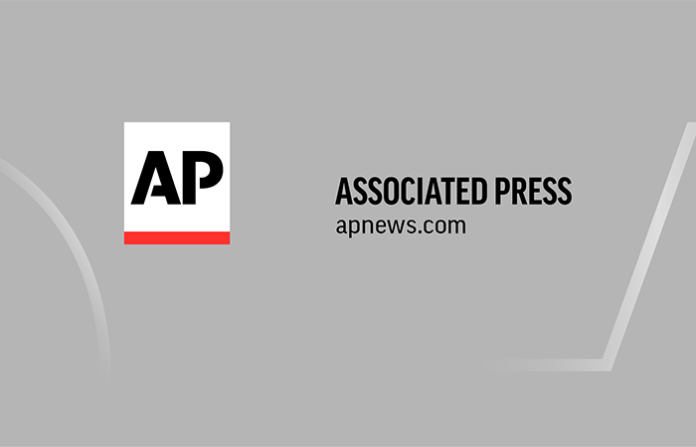
LINCOLN, Neb. (AP) — Nebraska state education officials halted their plans Friday for new health education standards after criticism from some parents and conservative family-values groups that the content was sexually inappropriate.
The State Board of Education voted 5-1 to indefinitely postpone the standards, with one member abstaining, according to the Omaha World-Herald. The standards were non-binding recommendations, so local schools could simply have ignored them, but opponents still railed against the proposal.
The new resolution the board passed says members will determine an appropriate time to address health education standards after considering the status of the pandemic, the needs of local children, schools and communities. Under board rules, any member can attempt to revive the process with support from the majority.
ADVERTISEMENT
The first draft released in March faced strong opposition, as did a second draft released in July, despite removal of many topics opponents disliked. The initial draft called for teaching children as young as first grade about gender identity and gender stereotypes and older children about homophobia, transphobia and vaginal, oral and anal sex.
Republican Gov. Pete Ricketts blasted the draft, saying it was developed with input from activists and promoted “gender ideology.”
Advocates for lesbian, gay, bisexual, transgender and queer youth had hailed the initial draft as a positive step toward inclusion, but they expressed disappointment when the second draft stripped out most references to gender identity and sexual orientation.
Board member Jacquelyn Morrison, who voted against the resolution, said Friday’s vote would prevent the board and the Nebraska Department of Education from talking about anything related to health at a time when schools are dealing with a pandemic and behavioral health and physical health issues involving children.
“We’re going to vote to say health is off the table for now because it’s too hard,” she said.
Board member Koch Johns said the process has been over-politicized by people using the issue to campaign for future offices.
“Our children should not be about political parties or used as stepping stones to the next office by interjecting topics that have nothing to do with the health standards,” she said.
In the original draft, the term gender identity appeared nine times, starting in first grade, when students were to learn to define gender, gender identity and gender-role stereotypes. That reference and several others in later grades were deleted from the second draft. In the second draft, the term gender identity appeared twice.








